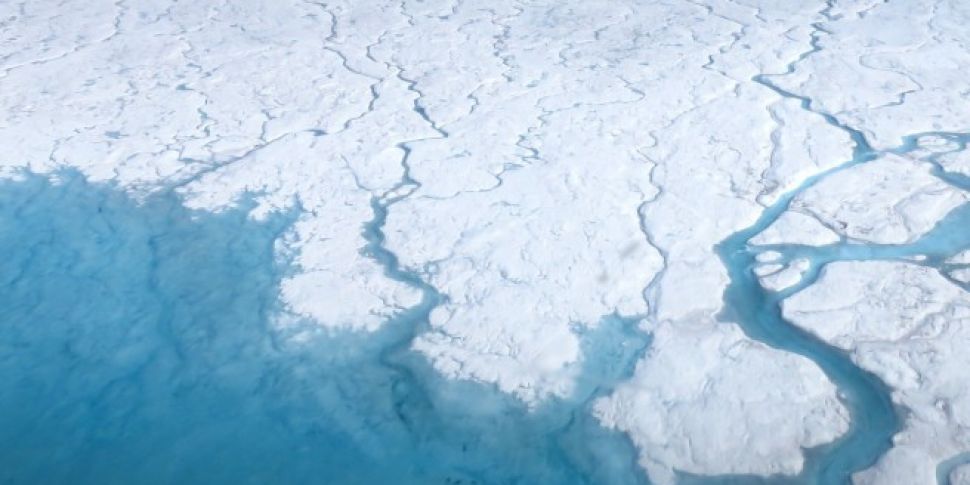Scientists have developed a ground-breaking new solution they claim could help protect the Arctic’s melting ice caps.
Researchers from Arizona State University (ASU) have put forward a novel new scheme that would aim to replenish the region’s shrinking sea ice - by building 10 million wind-powered pumps to spread water across the surface of the ice during winter.
The water would then freeze - thickening the ice cap and potentially adding an extra metre of sea ice to the Arctic layer.
The current cap rarely exceeds 2-3 metres in thickness and is being eroded constantly as the planet succumbs to climate change.
Speaking to the Observer, ASU physicist Stephen Desch said: “Thicker ice would mean longer-lasting ice. In turn, that would mean the danger of all sea ice disappearing from the Arctic in summer would be reduced significantly.”
Desch and his team have put forward the proposals in a paper published in the American Geophysical Union journal, Earth’s Future.
The ground-breaking plan comes with a wallet-busting price tag - $500bn (€470.7bn) - however Mr Desch said that level of spending could soon become necessary in order to halt the calamity facing the Arctic.
The researchers said it is now likely that the Arctic will be ice-free during the late summer months as soon as the 2030s.
They argue that the region is warming twice as fast as climate models predicted just a few years ago - with the Paris Climate Agreement likely insufficient to prevent the melt.
“It is unlikely that CO2 levels and mean temperatures can be decreased in time to prevent this loss, so restoring sea ice artificially is an imperative,” the report reads.
The researchers believe that deploying the pumps over 10% of the Arctic, “could more than reverse current trends of ice loss."
“We propose that winter ice thickening by wind-powered pumps be considered and assessed as part of a multipronged strategy for restoring sea ice and arresting the strongest feedbacks in the climate system,” they wrote in their report.
The loss of the Arctic’s summer ice cover would have far-reaching implications for the region and the wider planet.
As well as endangering many species from polar bears to walruses, seals and seabirds, it would also trigger further climate warming by removing ice that reflects solar rays back into space.
It could also lead to further disruption of weather patterns across the northern hemisphere and the melting of the permafrost - which would release more carbon gases into the atmosphere.
“Our only strategy at present seems to be to tell people to stop burning fossil fuels,” said Mr Desch. “It’s a good idea but it is going to need a lot more than that to stop the Arctic’s sea ice from disappearing.”
While the plan may sound like something out of a science fiction novel, a number of other schemes have also been proposed to halt sea-ice loss.
One suggestion aims to artificially whiten the Arctic by scattering light-coloured aerosol particles over it and reflecting solar radiation back into space.
Another would spray sea water into the atmosphere to create clouds that would reflect sunlight away from the surface.

Arctic Sea Ice Extent. Image: US National Snow and Ice Data Centre
Arctic sea ice melted to its lowest levels in nearly 40 years in October and November last year with temperatures that should have plummeted to -25C remaining above freezing.
Arctic sea ice levels for January 2017 reamain at the lowest point since the 38-year satellite record began according to the US National Snow and Ice Data Centre.
The January sea-ice extent was 1.26 million square kilometres below the long-term average - taken between 1981 and 2010.









